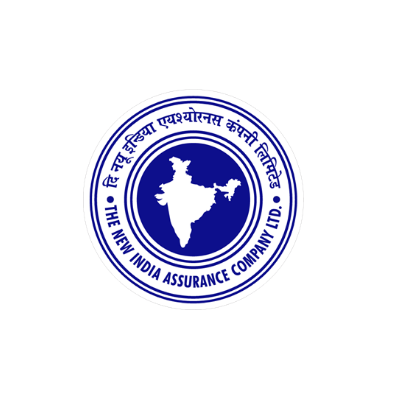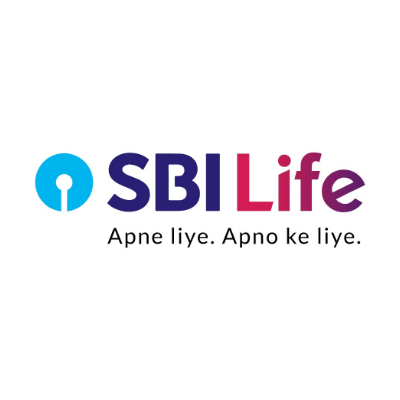CORPORATE HEALTH INSURANCE FEATURES TYPES AND BENEFITS
Corporate health insurance, also known as corporate medical insurance, is a group insurance plan provided by organizations to cover the medical needs of their employees and their families. These plans are designed to offer financial security, ensuring access to quality healthcare. Organizations can either choose from pre-designed corporate insurance policies or customize plans based on their specific requirements.

Compared to individual health insurance, corporate insurance plans for employees are more affordable and provide tax benefits to employers for the premiums paid. This dual advantage of cost efficiency and tax savings makes corporate health insurance an essential part of employee benefits in India.
Why Corporate Health Insurance is Important for Indian Organizations
Organizations in India invest in corporate health insurance policies to boost employee engagement, productivity, and satisfaction. These plans provide financial and medical security, helping companies create a healthier, happier, and more motivated workforce.
Key Benefits of Corporate Health Insurance in India
- Affordable Group Coverage: Ensures cost-effective medical insurance for all employees.
- Tax Savings for Employers: Premiums paid under corporate insurance policies are tax-deductible.
- Employee Loyalty and Retention: Offering comprehensive corporate health plans for employees fosters loyalty and helps attract top talent.
- Customizable Options: Organizations can design corporate insurance policies that align with their employees' needs.
Features of Corporate Health Insurance in India
Although the specifics of corporate health insurance plan vary between insurers, here are common features included:
- Coverage for Pre-existing condition
- Critical illness benefits
- Maternity and newborn coverage
- Pre and post hospitalization expenses
- Daycare treatments and Domiciliary hospitalization care
- Ambulance services in emergencies
Exclusions to Note:
- Pre- and post-natal expenses (beyond maternity benefits)
- Hospitalization without medical recommendations
- COVID-19 treatment may be restricted to specific covers
Why Choose Corporate Insurance Policies for Employees?
Organizations investing in corporate health insurance benefits witness:
- Employee loyalty and retention: Offering corporate insurance policies strengthens employer branding and attracts top talent.
- Cost-effective coverage: Compared to individual health plans, corporate health insurance plans are more affordable and offer tax benefits to employers.
- Customizable coverage options: Employers can select or tailor corporate health plans that align with their workforce's specific needs.
How Corporate Insurance Policies Work in India
Corporate health insurance policies are tailored to meet the needs of organizations. Here’s a quick overview:
- Affordable Group Premiums: Premiums are lower compared to individual plans as the risk is distributed across the group.
- Flexible Coverage: Policies often include coverage for dependents such as spouse, children, and even parents.
- Limited Tenure: Coverage is active only while the employee is part of the organization. Upon resignation, the policy is discontinued.
Factors to Consider When Choosing a Corporate Insurance Policy:
When comparing corporate health insurance companies or plans, consider the following:
- Claims settlement ratio
- Customization options for specific needs
- Premium costs
- Additional service benefits
Benefits for Employers and Employees
For Employers:
- Tax benefits on premiums paid
- Strengthened employer branding
- Improved employee satisfaction and retention
For Employees:
- Zero-cost health coverage
- Waived-off waiting periods for pre-existing conditions
- Easy and quick claims processes
Comparison: Corporate Health Insurance vs Individual Health Insurance
| Factor | Individual Health Insurance | Corporate Health Insurance |
|---|---|---|
| Premium | Higher, but offers extensive coverage | Lower, but with limited coverage |
| NCB (No Claim Bonus) | Available for claims-free years | Not applicable |
| Customization | Fully customizable based on individual needs | Standardized for all employees |
| Continuity | Lifetime renewal available | Coverage ceases after employment ends |
Conclusion: Why Corporate Medical Insurance Matters in India
Corporate insurance plans for employees are a critical component of employee welfare programs in India. These plans not only ensure financial and health security for employees but also reflect the organization's commitment to their well-being. However, given the limitations of corporate health insurance (e.g., coverage ends upon employment termination), employees should consider supplementing it with individual health insurance for comprehensive protection.
FAQs on Corporate Health Insurance in India
Q1. Who should opt for corporate health insurance?
Organizations with 10 or more employees can provide corporate health insurance to cover their workforce.
Q2. Are dependents covered under corporate health insurance?
Yes, corporate health insurance typically covers employees, their spouse, children, and even parents in some cases.
Q3. Can corporate health insurance be transferred to another insurer?
Yes, organizations can switch insurers during policy renewal without losing benefits.
Q4. How are corporate insurance premiums calculated?
Premiums are based on factors such as the number of employees, their age group, geographical location, and the number of dependents included.
Q5. Are waiting periods applicable in corporate health insurance?
Waiting periods exist but can often be waived, unlike individual plans where waiting periods are more stringent.
Q6. What is corporate health insurance?
Corporate health insurance is a group medical insurance plan provided by employers to their employees and, in some cases, their dependents.
Q7. How much does corporate health insurance cost?
Premiums depend on the number of employees, their age, and the extent of coverage required.
Q8. Are corporate health insurance benefits taxable?
For employers, premiums paid for corporate health insurance are tax-deductible.
Q9. Can corporate health insurance plans be customized?
Yes, many insurers offer customizable corporate health insurance policies to meet specific organizational needs.
Q10. What happens to the policy if an employee resigns?
The coverage under a corporate plan ceases once the employee leaves the organization.




































